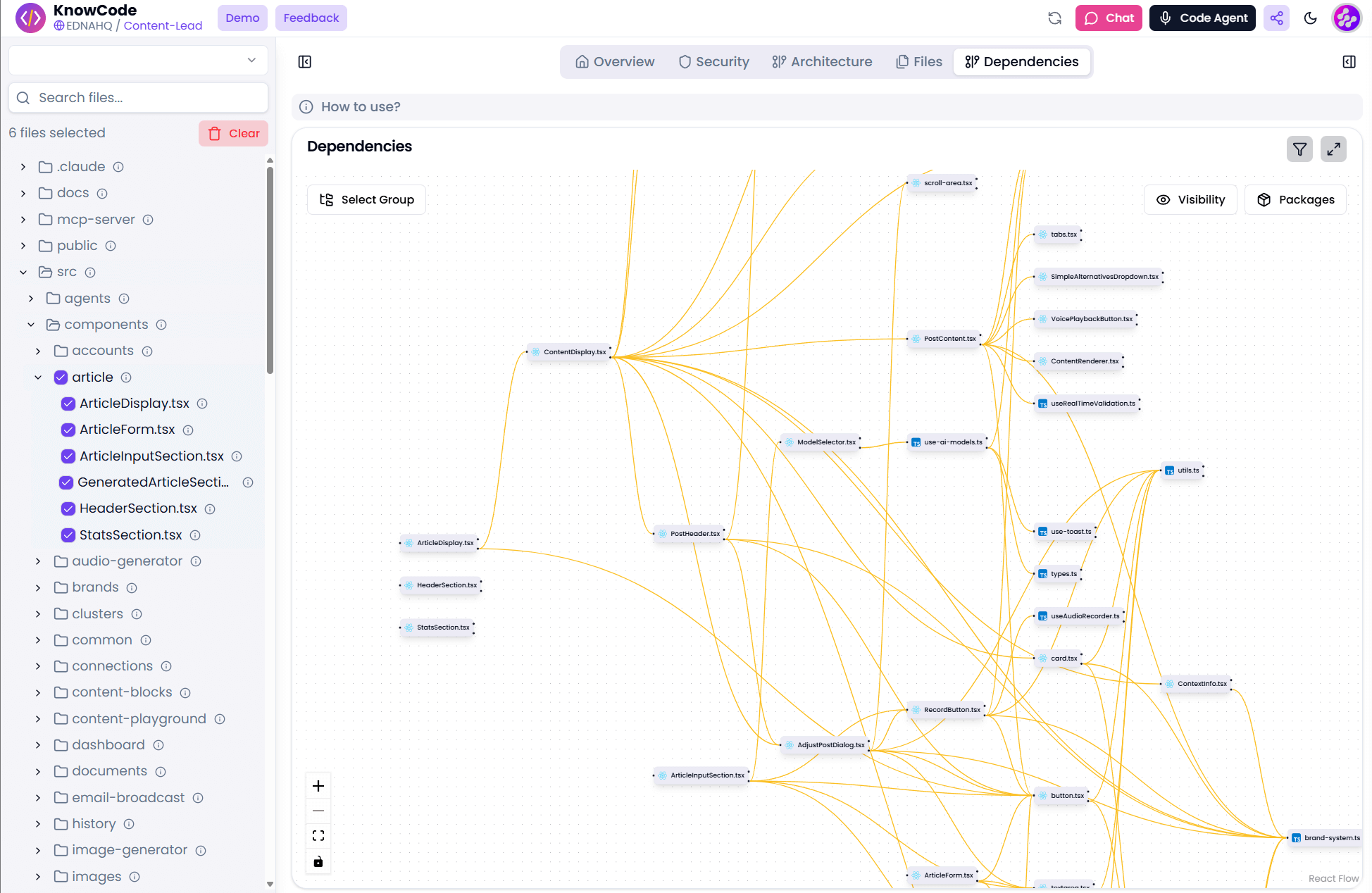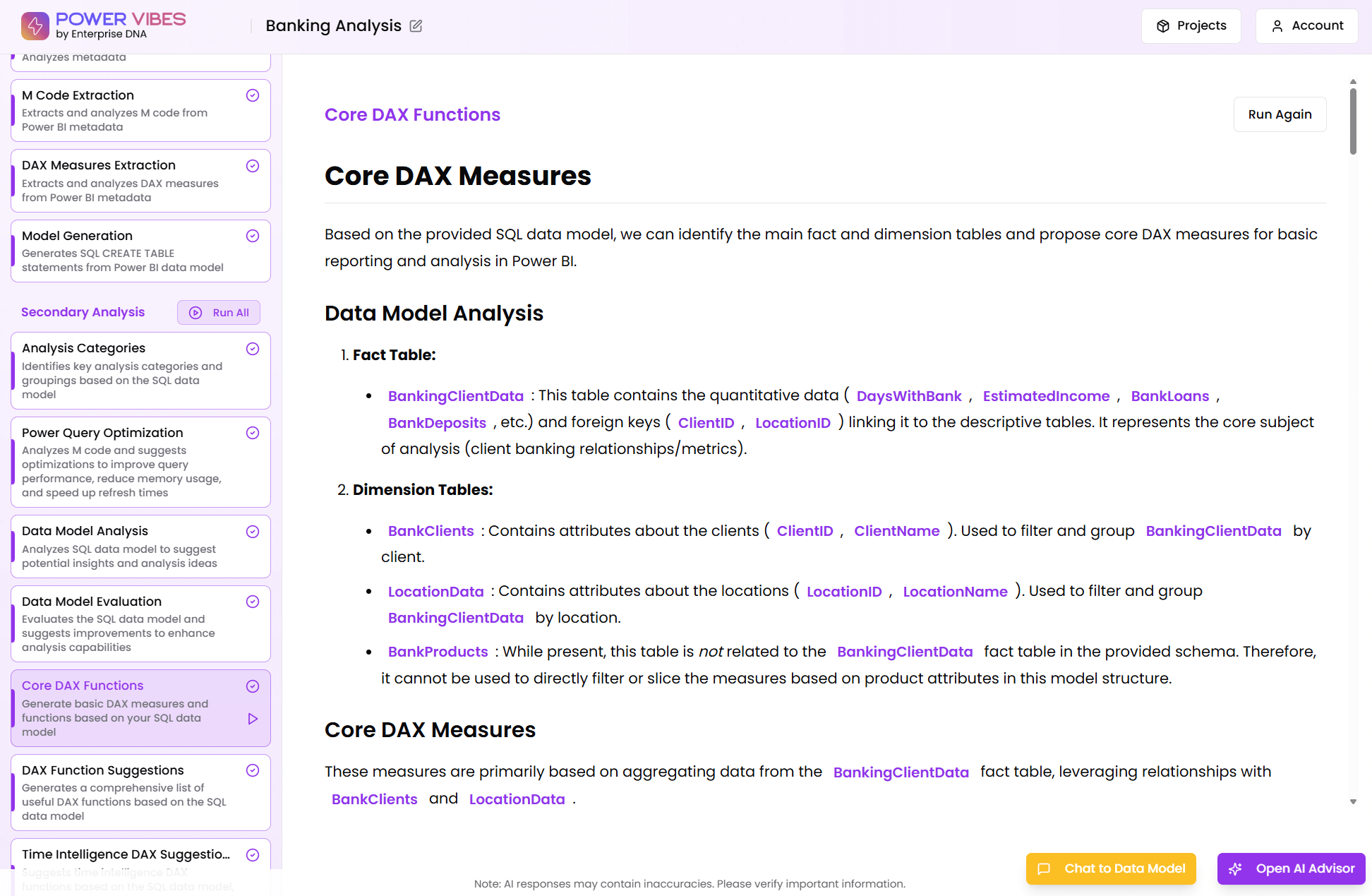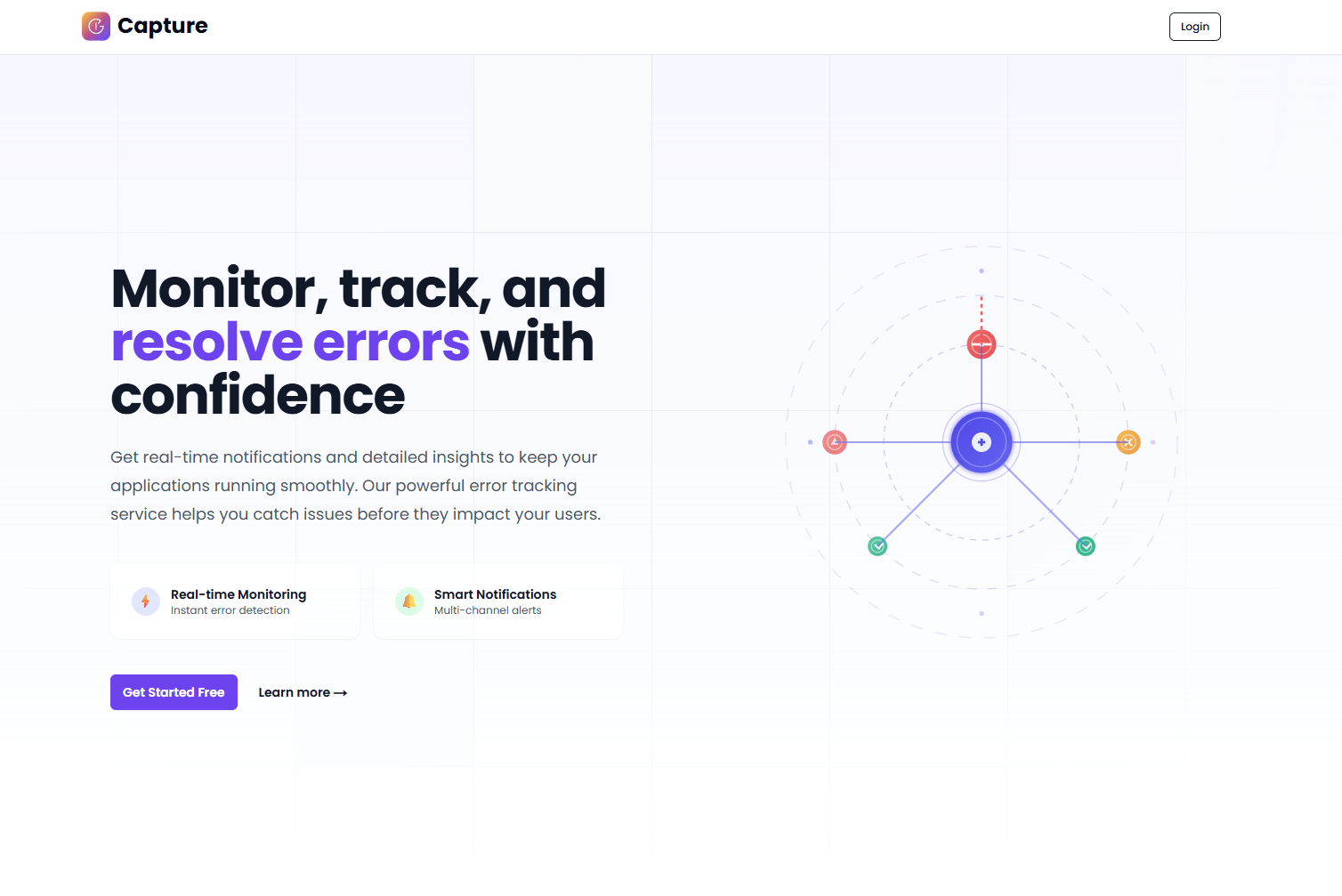DAX Function Guide
NEXTYEAR
Sam McKay
CEO & Founder
How does the NEXTYEAR work?
NEXTYEAR Formula Syntax
NEXTYEAR(
<dates>[,<year_end_date>]
)
How do you use the NEXTYEAR?
This function returns all dates in the next year, based on the first date in the input column. For example, if the first date in the dates column refers to the year 2007, this function returns all dates for the year 2008.
Related Blog Posts
Loading
Considerations when using the NEXTYEAR?
The dates argument can be any of the following:
- A reference to a date/time column.
- A table expression that returns a single column of date/time values.
- A Boolean expression that defines a single-column table of date/time values.
The year_end_date parameter is a string literal of a date, in the same locale as the locale of the client where the workbook was created. The year portion of the date is ignored.
Related Video Tutorials
Loading
Formula examples using the NEXTYEAR
=CALCULATE(SUM(InternetSales_USD[SalesAmount_USD]), NEXTYEAR(‘DateTime'[DateKey]))
= CALCULATE ( SUM (Sales [Sales Amount]), NEXTYEAR (Sales [Date]) )
Related Courses
Loading










